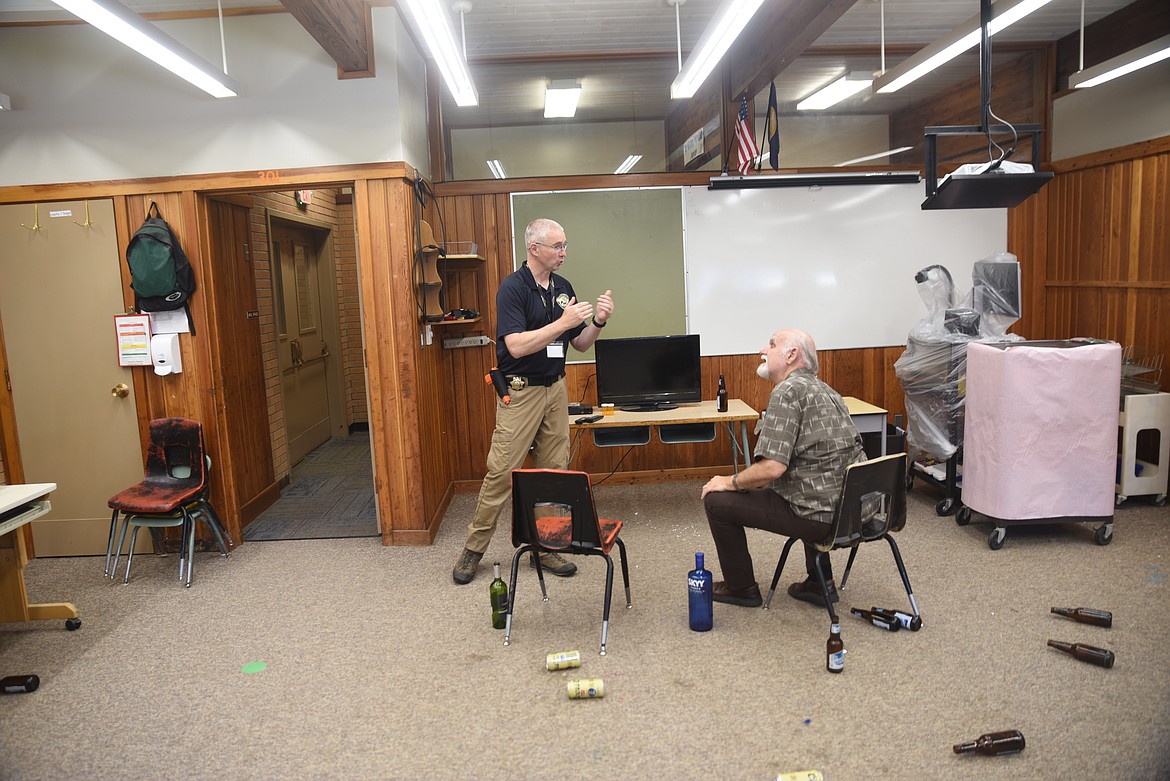County's Crisis Intervention Team hopes to make a difference
The scene was one of chaos as a man sat in a chair surrounded by empty beer bottles and cans while his “wife” was in the bathroom yelling profanities and holding a knife.
She was upset because her “husband” invited his friend over and they drank while having the volume turned up on the TV...
Become a Subscriber!
You have read all of your free articles this month. Select a plan below to start your subscription today.
Already a subscriber? Login



